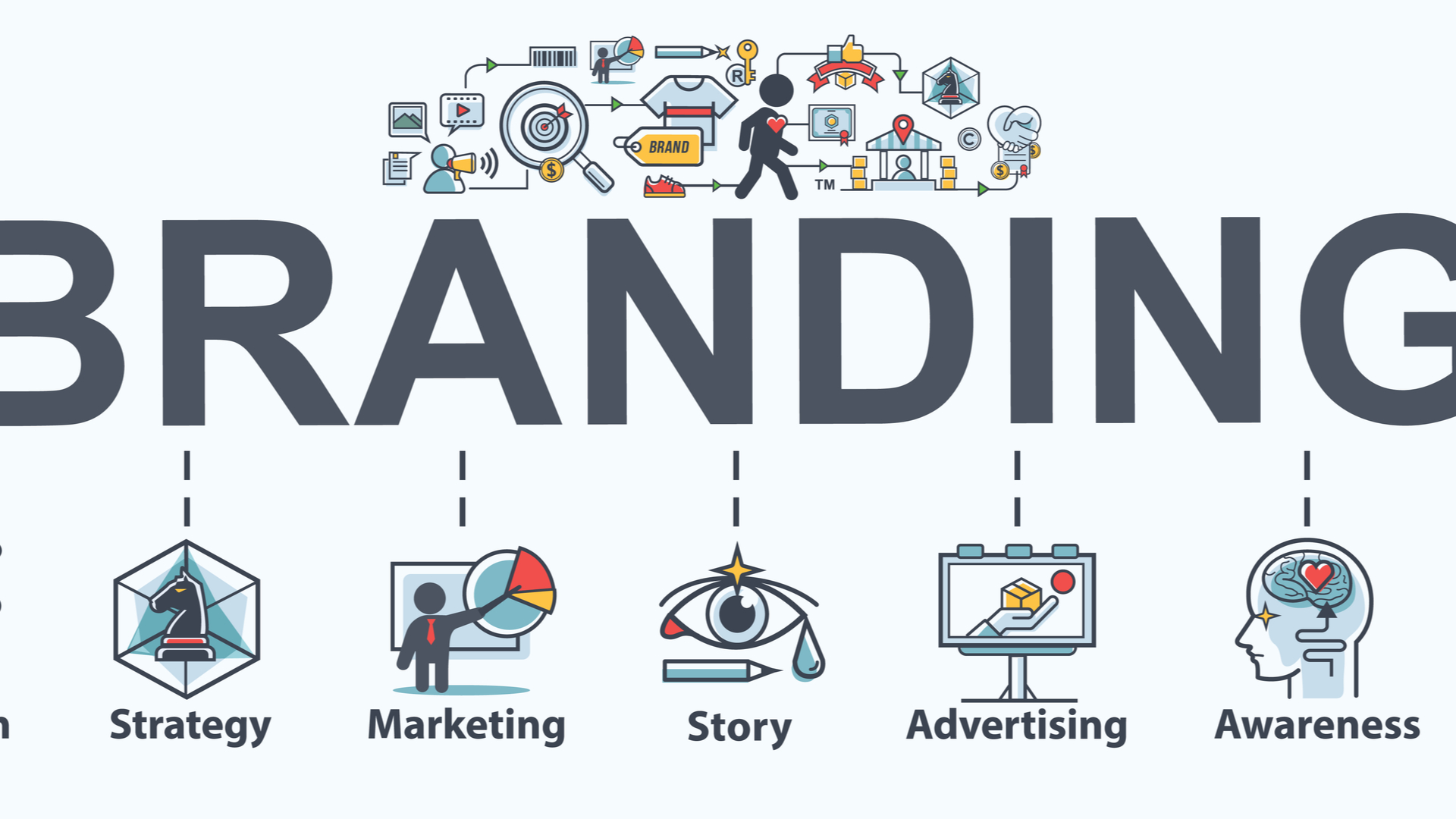Are you in a dilemma about how branding influences your target audience? How branding affects consumer behaviour? Or have you ever pondered the significance of branding and identity for a company? Been there, done that! Well, how casual it may sound, branding is still the most important part when it comes to influencing your customer’s behavior..
Here are Some Stats:
- Approximately 80% of consumers require trust in a brand before they will contemplate purchasing it.
- Customers are over twice as inclined to make initial purchases, remain loyal, and advocate for brands they have confidence in.
More than half of initial brand impressions are formed based on visual elements.
How Branding and Consumer Buying Behavior are Interrelated?
In the busy world of marketing, there exists an interesting interplay between branding strategies and consumer purchasing behavior. It’s kind of similar to a lively conversation, where each side influences and responds to the other which ultimately shapes the choices that consumers make.
Influence of Branding on Consumer Purchasing Behavior
So, first off, branding is like the first impression of a product or service. When a brand is strong, it kind of whispers to us, saying, “Hey, you can trust me. I’m worth it.” Think about brands like Apple or Swiggy. They’ve got this trick of innovation and quality that makes us want to be a part of what they’re offering.
And then there’s the emotional side of branding. Ever felt a connection to a brand? Maybe it’s because of their story or the way they make you feel. Brands play with our emotions, and when they get it right, it’s like we’re hooked.
Establishing Impressions
Branding serves as the initial handshake between consumers and products or services. A well-planned brand identity communicates trustworthiness, value, and uniqueness, thereby setting the stage for consumer perceptions and preferences.
Emotional Connection
Beyond mere recognition, successful branding builds an emotional bond with consumers. Through compelling storytelling and consistent messaging, brands resonate with consumers on a deeper level which engenders loyalty and repeat purchases.
Consumer Behavior’s Impact on Branding Strategies
But we consumers have a say too. Our preferences, habits, and quirks shape how brands do their thing. Ever wonder why your favorite snack keeps tweaking its flavors or packaging? It’s because they’re applying branding strategies for small businesses and big brands alike to stay aligned with customer desires.
And let’s not forget feedback. Brands are all ears when we speak up. They listen to our complaints, suggestions, and praises, using that info to get even better at what they do.
Adaptation and Positioning
Understanding consumer needs and behaviors is paramount for effective branding. Brands analyze consumer insights to tailor their strategies, ensuring alignment with evolving market demands and consumer preferences.
Feedback Integration
Consumer feedback is a goldmine for brands seeking improvement. By actively engaging with consumers and incorporating their feedback into brand development, companies demonstrate responsiveness and enhance brand loyalty.
The synergy between branding and consumer behavior highlights the importance of strategic alignment. Brands that authentically connect with consumers and adapt to their needs stand to experience success in today’s competitive marketing world. It’s a delicate step where understanding, empathy, and responsiveness pave the way for enduring relationships and sustainable success.
Ways in Which Branding Affects Consumer Behavior
Branding goes way beyond just having a catchy logo or a cool name. It’s a crucial tool that really shapes how consumers behave. In today’s super competitive market, businesses need to understand how branding affects people’s choices if they want to succeed. This article is all about diving into the different ways branding influences consumer behavior, showing why it’s so important for businesses to get it right.
Building Trust and Credibility
Think about your favorite brands. Chances are, you trust them to deliver quality because of their strong brand identity. When a brand is consistent and reliable, it makes us feel confident in our choices. That’s why trust and credibility are so important in branding because ultimately, they keep us coming back for more.
Emotional Connection
Ever felt a strong attachment to a brand? That’s emotional branding at work. Brands that make us feel something, whether it’s excitement, nostalgia, or belonging, create a special bond with us. These emotional connections influence our decisions and make us more likely to stick with a brand we love.
Standing Out from the Crowd
In a sea of similar products, branding helps companies stand out. A distinct brand identity sets them apart from competitors and gives them a competitive edge. When a brand is unique and memorable, it’s easier for us as consumers to choose it over others.
Shaping Perceptions
Branding shapes how we see a product or service. From luxury to eco-friendly, the associations we have with a brand affect our perceptions of its quality and value. Therefore, positive brand images make us more inclined to buy, while negative ones can turn us away.

Leave a Reply